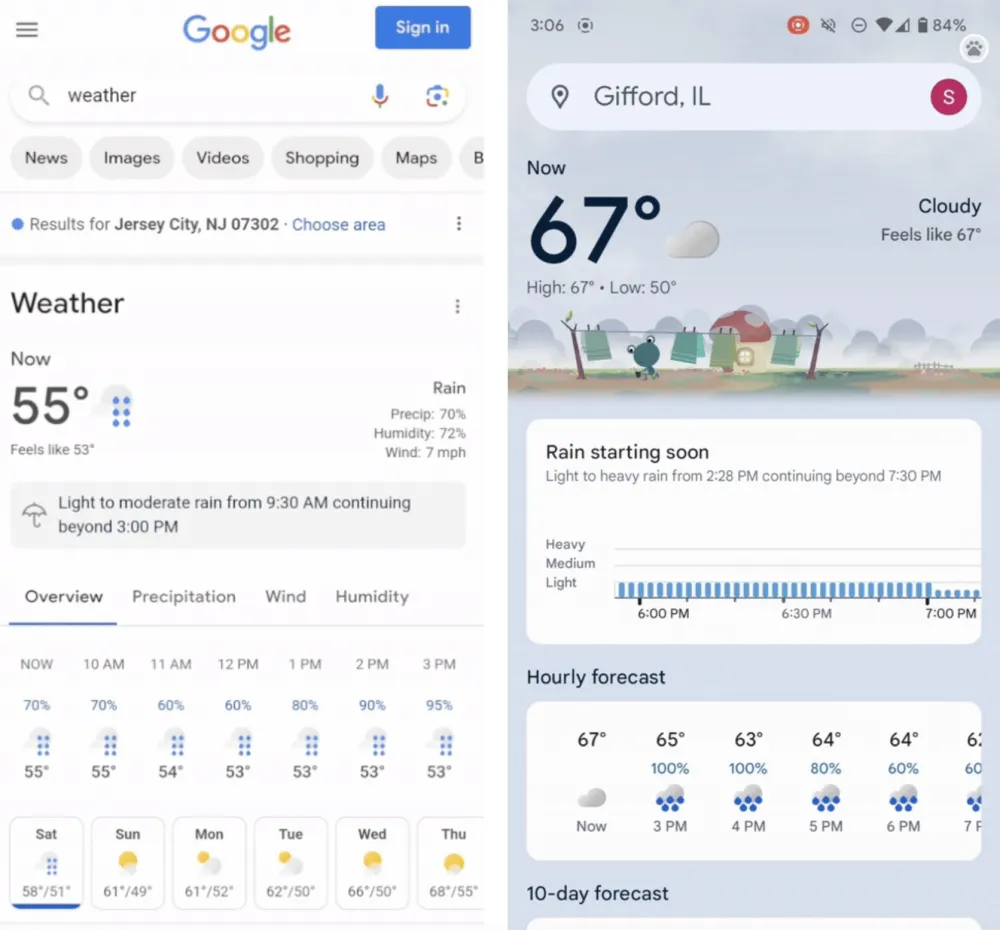MetNet-3 Unveiled: A New Era of High-Accuracy Weather Forecasts
Google Research and the DeepMind team have collaborated to forge a weather prediction model known as MetNet-3, boasting the capability to analyze a multitude of meteorological variables up to 24 hours in advance, delivering forecasts with heightened precision.
This forecasting model builds upon the foundations laid by its predecessors, MetNet and MetNet-2, and is adept at predicting probabilities of precipitation, surface temperatures, wind speeds, wind directions, as well as dew point temperatures.

Surpassing traditional methods of meteorological analysis, MetNet-3 is trained directly through atmospheric observational data, thereby generating forecasts that more closely mirror reality with superior analytical precision. It even integrates temperature and wind direction data from meteorological stations to correspond with more accurate weather predictions. According to Google, MetNet-3 operates at two-minute intervals, analyzing data within a spatial range of one to four kilometers, thus achieving greater accuracy than traditional weather models.
While conventional models rely on data assimilation followed by subsequent simulation for their analyses, MetNet-3’s principal advantage lies in its access to nearly real-time weather data and analysis over finer spatial resolutions. Compared to the state-of-the-art ENS weather model, which only produces forecast analyses in six-hour intervals and has a spatial resolution of approximately nine kilometers, MetNet-3 offers higher resolution outcomes, capable of delivering forecasts up to 24 hours in advance with a minimum two-minute temporal resolution.
Google has commenced providing real-time precipitation probability forecasts within a 12-hour window in various regions, including the United States and Europe, through the MetNet-3 model, enabling users to access weather predictions via services such as Google Search.
In addition to unveiling this novel weather prediction model, Google DeepMind has recently joined forces with London-based pharmaceutical researchers at Isomorphic Labs to introduce an advanced iteration of the protein prediction model AlphaFold. This new model elevates protein analysis to an atomic level of precision, enabling the examination of intricate protein complexes, including structures where proteins are bound with ligands, thus accelerating the pace of new drug development for researchers.





